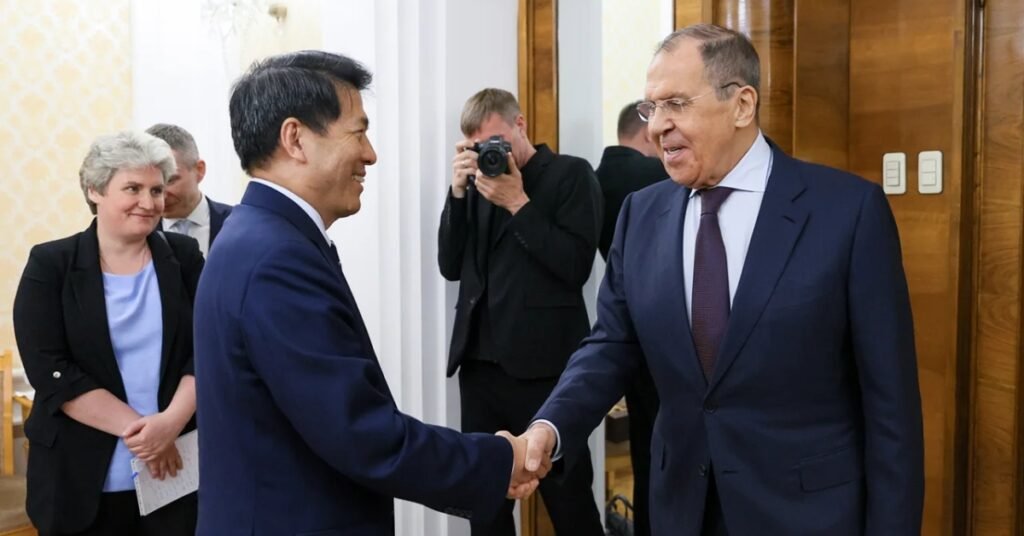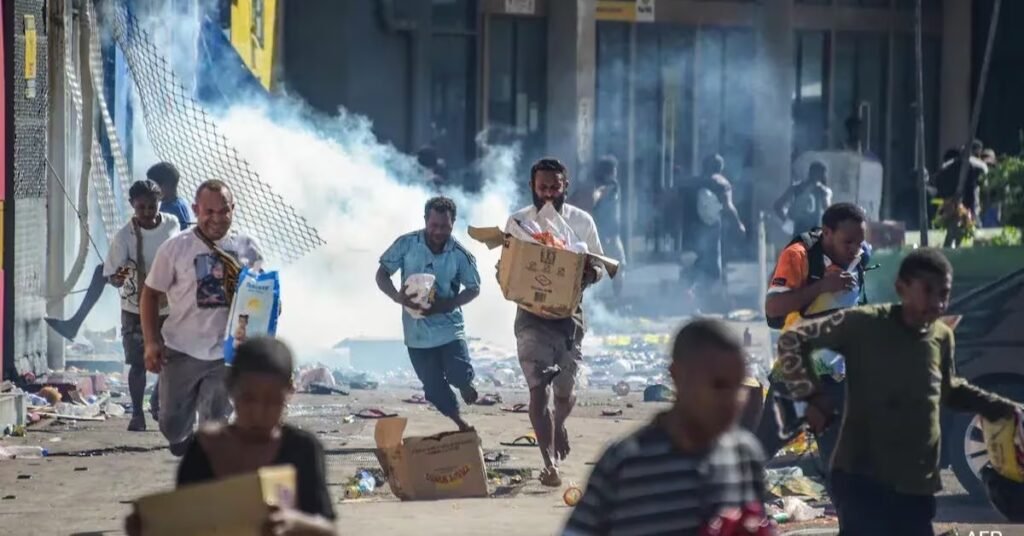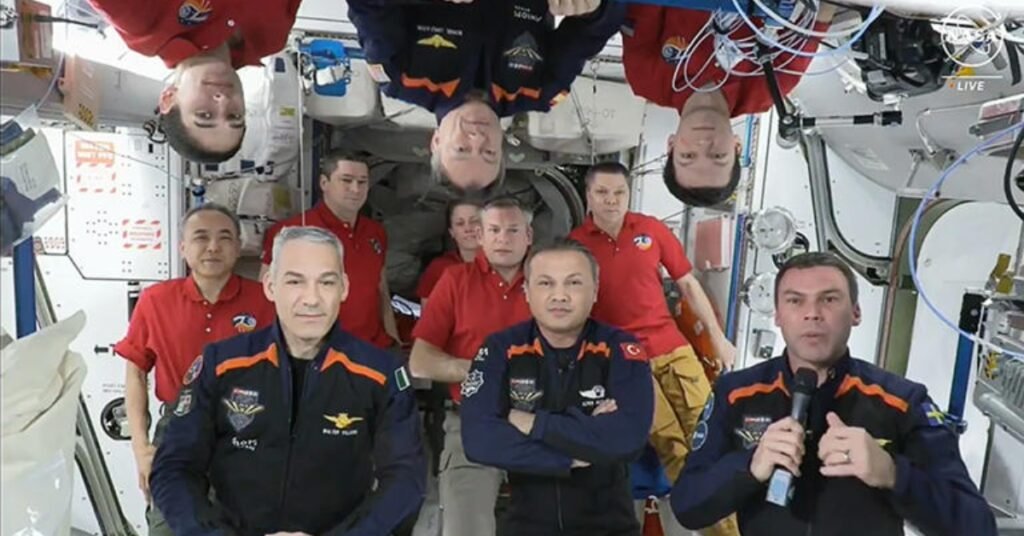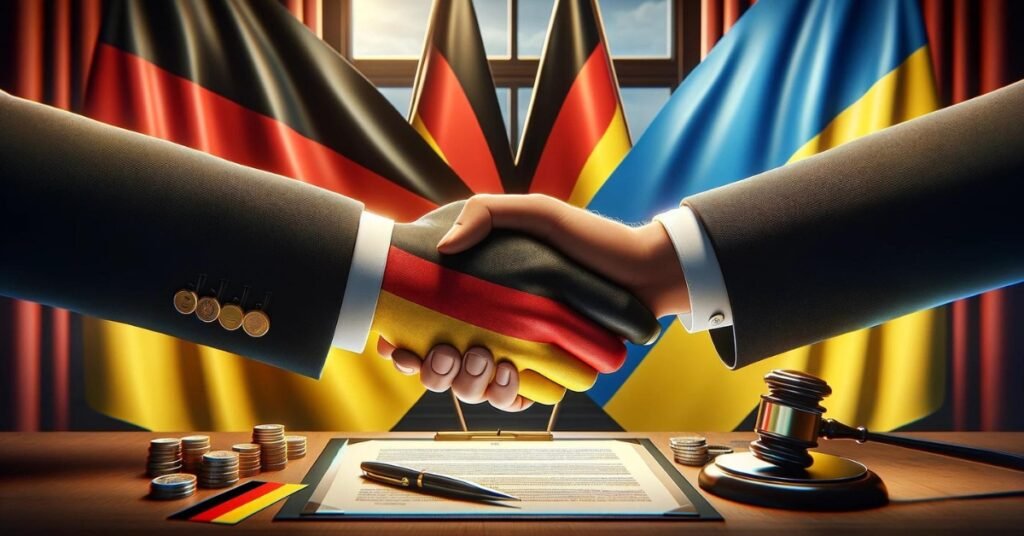Summary:
Discover China’s recent envoy tour through Europe, testing its bid to broker peace in the escalating Ukraine conflict. The article highlights the divisions between China and Europe, China’s alignment with Russia, and the concerns raised. Explore the hopes for enhanced communication, the potential influence on Russia, and China’s crucial message. Dive into this insightful piece to comprehensively understand the ongoing dynamics and prospects for resolving the conflict.
China’s envoy for the war in Ukraine, Li Hui, concluded his nearly two-week tour through Europe with a visit to Moscow on Friday.
The trip aimed to test Beijing’s efforts to mediate an end to the escalating conflict.
China’s stated interest in promoting communication for resolving the conflict has been cautiously welcomed in Europe.
Li Hui met with officials in Ukraine, Poland, France, Germany, and the European Union headquarters in Brussels, starting on May 16.
However, Li’s tour also exposed the divisions between China and Europe regarding achieving peace, highlighting China’s close alignment with Moscow.
Li Hui received a warm reception during his final stop in the Russian capital.
Foreign Minister Sergey Lavrov praised Beijing’s “balanced position” on the war and its willingness to play a “positive role” in its resolution.
In contrast, European officials emphasized the need for a peace agreement that involves Russia withdrawing its invading troops and restoring Ukraine’s legal territory.
They expressed their interest in having China support this vision, which China has yet to do.
According to reports from Beijing, Li called for building “consensus” toward peace talks and strengthening Europe’s “security architecture.”
This statement was a veiled reference to China’s belief that Europe should not rely on institutions like NATO for its protection, as they include the United States but exclude Russia.
Steve Tsang, director of the SOAS China Institute at the University of London, stated:
“The basic problem is that China does not want Russia or Putin to appear to have failed. Therefore, a settlement requiring Russia to relinquish territories taken in the invasion would defeat Russia.”
Tsang added that such a settlement is missing for China.
At the same time, Ukraine cannot accept anything that does not involve the restoration of its territories.
Furthermore, the EU is unwilling to see Russia benefit from territorial gains made during the invasion.
China, viewing Russia as a key partner and counterbalance amid rising tensions with the West, has refused to condemn Moscow’s invasion of Ukraine or call for withdrawing Russian troops from Ukrainian territory.
This stance has deeply concerned Europe, and Li’s tour coincides with China’s attempts to repair relations with the continent.
Earlier this year, China released a vaguely-worded 12-point position paper outlining its vision for the “political settlement” of the conflict.
Li promoted this paper during his tour.
It stated that the “legitimate security concerns” of “all countries” should be addressed.
It emphasized upholding the “sovereignty, independence, and territorial integrity” of all nations.
However, the paper did not explicitly call for withdrawing Russian troops to end hostilities. Instead, it advocated for a ceasefire, criticized by Western officials who argue it would allow Russia to solidify its illegal territorial gains.
In their meetings with Li, European officials implicitly criticized China’s position on ending the conflict and its close relationship with Russia. They urged China to align more with their views.
They emphasized that Russia, as the aggressor, bears full responsibility for the war.
While Beijing insists on its neutrality in the war, its close alignment with Russia and strained relationship with the United States, whom it accuses of fueling the conflict by supporting Ukraine, raise questions about its intentions behind its push for peace.
According to Mao Ning, a spokesperson for China’s Ministry of Foreign Affairs, China’s efforts toward peace talks have been met with broad understanding and support in the international community.
While China may have limited influence in changing views on the conditions for peace, experts believe enhanced communication between China and Europe could benefit areas such as food security, humanitarian relief, and countering nuclear threats.
China could leverage its relationship with Russia to push President Putin toward peace.
French President Emmanuel Macron recently echoed this sentiment during his visit to Beijing.
Moritz Rudolf, a fellow and research scholar at the Paul Tsai China Center of the Yale Law School, highlighted the value of Li’s visit for Europeans.
He said, “Li has a direct line to Xi Jinping, and he might be better equipped to get through to Xi than the personnel of Chinese embassies in Germany, France, or Poland. So the crucial question is what message from Europe—Kyiv, Warsaw, Berlin, Paris, and Brussels—Li will deliver in Moscow and Beijing.”
Notable Statements
“The basic problem is that China does not want Russia or Putin to appear to have failed. A settlement that requires Russia to relinquish territories taken in the invasion would defeat Russia.”
Steve Tsang, Director of the SOAS China Institute at the University of London.
“No one will do anything against us behind Ukraine’s back because we have built trusting relationships with all our key partners.”
Dmytro Kuleba, Ukraine’s Foreign Minister.
“The visit is of value for the Europeans because they can use Li to deliver a message directly to the leadership in Beijing—and potentially to Moscow.”
Moritz Rudolf, Fellow and Research Scholar at the Paul Tsai China Center of the Yale Law School.
“Li has a direct line to Xi Jinping, and he might be better equipped to get through to Xi than the personnel of Chinese embassies in Germany, France, or Poland.”
Moritz Rudolf, Fellow, and Research Scholar at the Paul Tsai China Center of the Yale Law School.
“China’s efforts toward peace talks have received broad understanding and support in the international community.”
Mao Ning, Spokesperson for China’s Ministry of Foreign Affairs.
“Li called for building ‘consensus’ toward peace talks and strengthening Europe’s own ‘security architecture.'”
Readouts from Beijing.
FAQ
What was the purpose of China’s envoy’s European tour?
The purpose was to test Beijing’s efforts to broker peace in the escalating conflict in Ukraine.
How did Europe respond to China’s involvement in resolving the conflict?
Europe tentatively welcomed China’s interest in communication for resolving the conflict but emphasized the need for Russia to withdraw its troops and restore Ukraine’s territory.
What is China’s stance on the conflict in Ukraine?
China has refused to condemn Russia’s invasion or call for withdrawing Russian troops, maintaining a neutral position.
How did European officials criticize China’s position?
European officials urged China to align more with their views and emphasized Russia’s responsibility as the aggressor in the conflict.
What concerns does China’s alignment with Russia raise?
China’s close alignment with Russia and strained relations with the United States raise questions about China’s intentions behind its push for peace.
What areas could benefit from enhanced communication between China and Europe?
Improved communication between China and Europe could benefit food security, humanitarian relief, and countering nuclear threats.
Is there hope that China can influence Russia toward peace?
There is hope that China could leverage its relationship with Russia to encourage President Putin to pursue peace, as French President Emmanuel Macron expressed.
What message is China expected to deliver to Moscow and Beijing?
The expectation is that China will convey the concerns and viewpoints of European nations involved in the conflict, including Ukraine, Poland, France, Germany, and the European Union.
Get our best stuff sent straight to you! Join our WhatsApp Channel.






